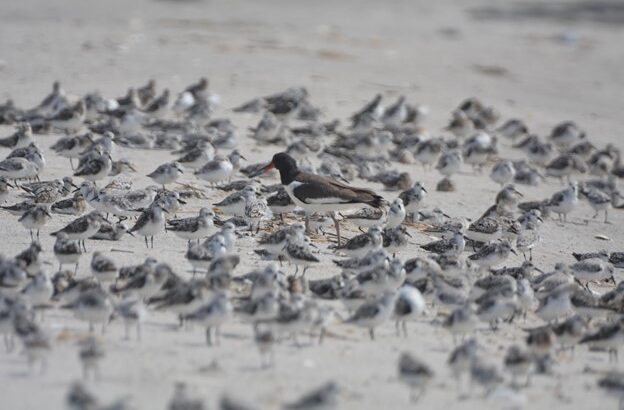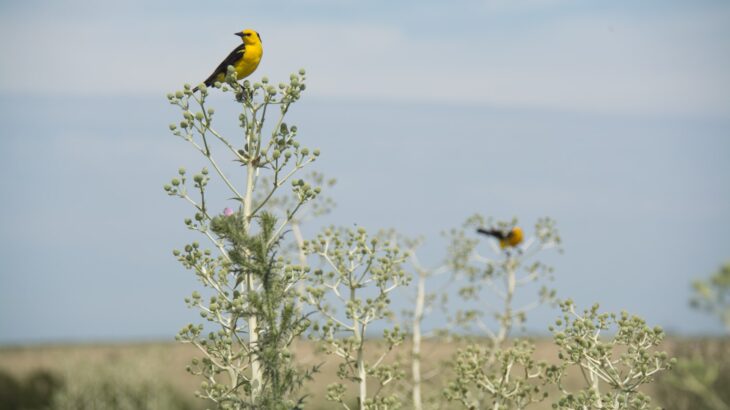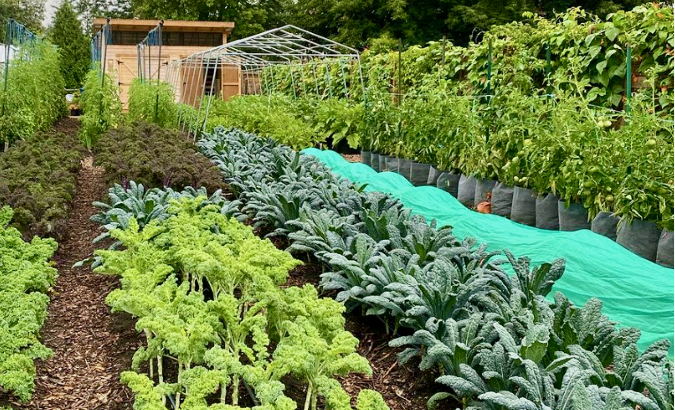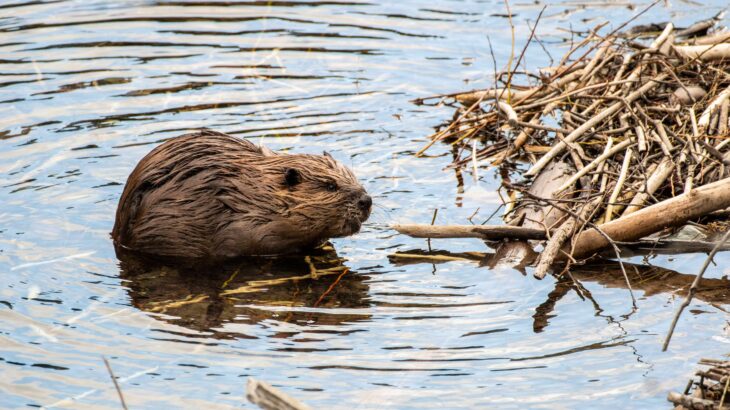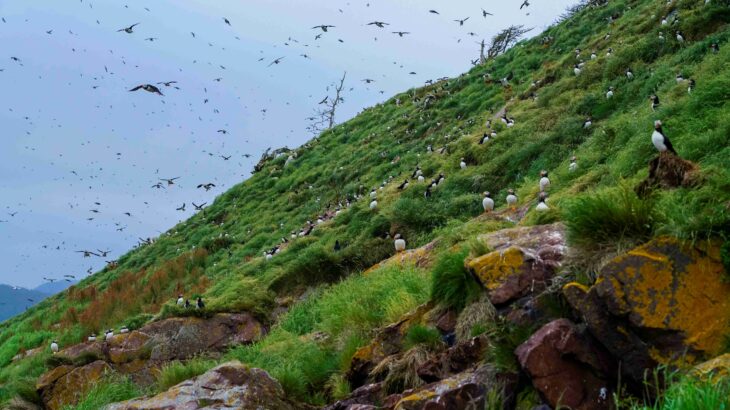
This December, Science Borealis is excited to feature a series of stories developed for a story-telling event held at the joint conference of the Society of Canadian Ornithologists, Association of Field Ornithology, and Wilson Ornithological Society in July 2024. These stories were prepared with the help of Borealis Blog editors and polished for oral presentation […]

